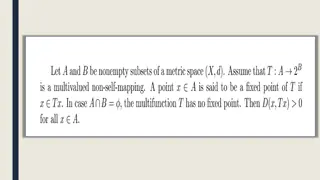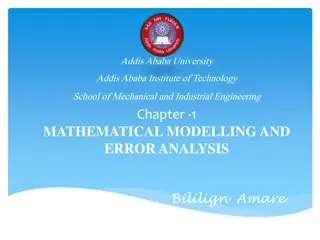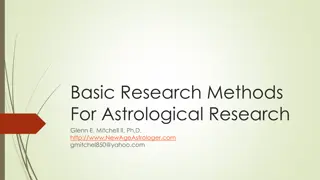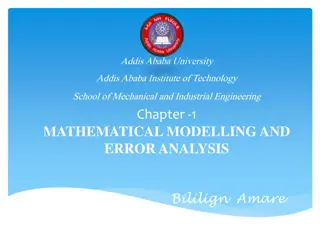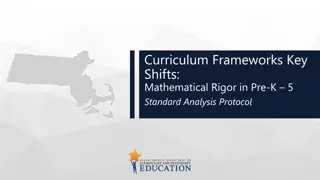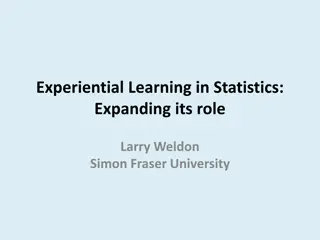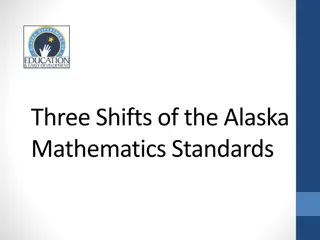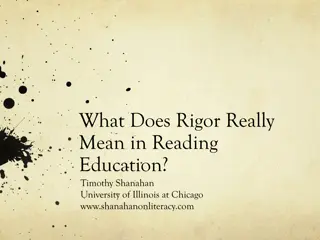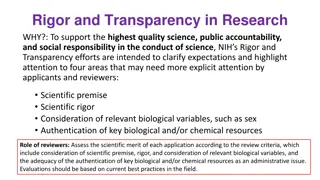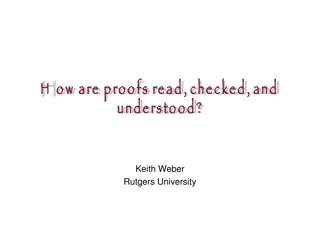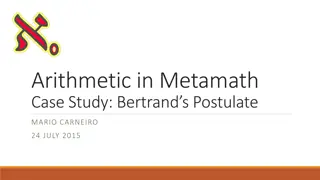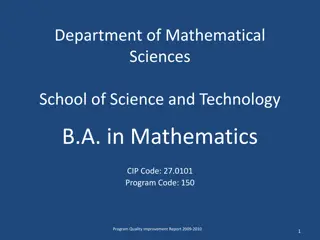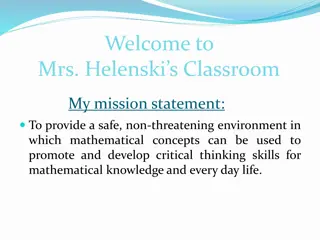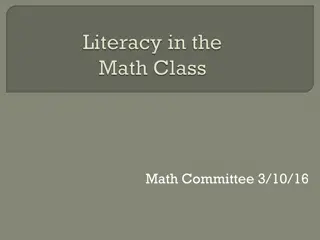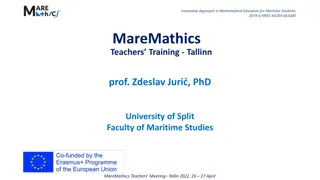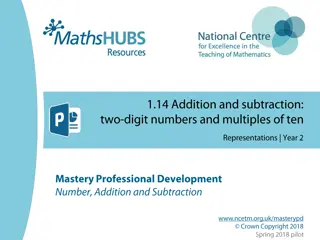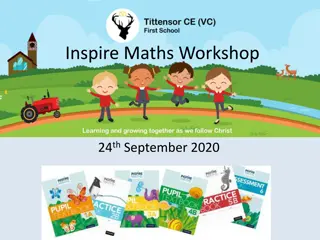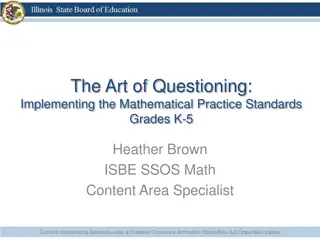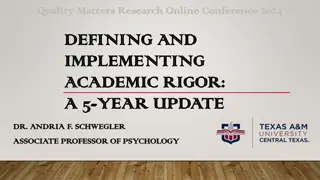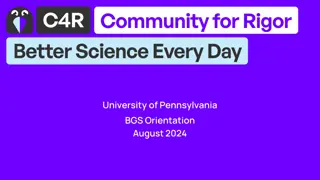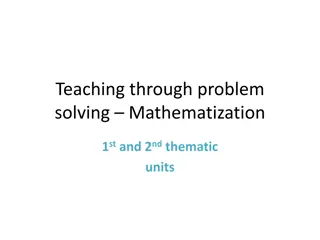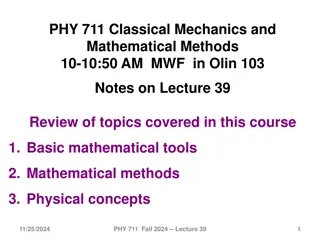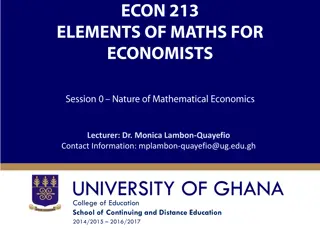Mathematical Checkpoints and Equations Activities for Year 7 Students
Engage Year 7 students in a series of 16 checkpoint activities and 12 additional activities focused on expressions, equations, and mathematical concepts. Explore topics like checks and balances, shape balance, equations from bar models, number line concepts, and more to enhance mathematical understa
3 views • 42 slides
Mathematical Definitions and Theorems Illustrated
In this collection of images, various mathematical concepts are visually presented, including definitions, theorems, and proofs. The slides cover a range of topics in a structured manner, providing a concise overview of key mathematical principles. From foundational definitions to detailed proofs, t
0 views • 12 slides
Mathematical Modeling and Error Analysis in Engineering
Mathematical modeling plays a crucial role in solving engineering problems efficiently. Numerical methods are powerful tools essential for problem-solving and learning. This chapter explores the importance of studying numerical methods, the concept of mathematical modeling, and the evaluation proces
1 views • 10 slides
Unveiling the Rigor of Astrological Research and Scientific Scrutiny
Exploring the complex world of astrological research through a comprehensive guide by Glenn E. Mitchell II, Ph.D. Understanding the controversy, challenges, and significance of astrological research, emphasizing the required rigor and scientific methodology. Delve into the essence of science, scient
0 views • 45 slides
Strategies for Enhancing Academic Rigor and Student Achievement
Enhance academic rigor and student achievement by aligning course content with college-level expectations, providing opportunities for knowledge construction, teaching problem-solving and critical thinking, and embracing productive struggle as part of the learning process. These strategies aim to el
0 views • 30 slides
Embedded Research Conference Workgroup B: Management Decisions Support
Workgroup B at the Embedded Research Conference focuses on providing research support for management decisions. The participants aim to identify and prioritize operational questions that could benefit from embedded research, work productively within the existing QI ecosystem, and create an inventory
0 views • 14 slides
Mathematical Modeling and Error Analysis in Engineering
Mathematical modeling plays a crucial role in problem-solving in engineering by using numerical methods. This involves formulating problems for solutions through arithmetic operations. The study of numerical methods is essential as they are powerful problem-solving tools that enhance computer usage
5 views • 10 slides
Mathematical Rigor in Pre-K-5 Standards Analysis
Explore the three aspects of Mathematical Rigor - Conceptual Understanding, Procedural Fluency, and Application Capacity in analyzing content standards for grades Pre-K to 5. Dive into examples, standard analysis, and real-world application opportunities provided by the Massachusetts Department of E
0 views • 22 slides
Rethinking Statistics Education: A Shift Towards Experiential Learning
Expanding on the role of experiential learning in statistics education, this presentation challenges the traditional approach and advocates for a more practical and hands-on teaching methodology. It questions the emphasis on mathematical rigor over practical application and suggests a new taxonomy f
1 views • 38 slides
Three Shifts of Alaska Mathematics Standards Overview
This content discusses the three key shifts in the Alaska Mathematics Standards, emphasizing focus, coherence, and rigor in mathematics education. It highlights the importance of deeply engaging with key topics, connecting concepts across grades, and promoting fluency in arithmetic and real-world ap
1 views • 19 slides
Rigor in Reading Education
Rigor in reading education is a topic of increasing interest due to dissatisfactions with current educational practices. This article delves into the meanings and implications of rigor, discussing how it plays out in reading instruction and highlighting the need for guidance in making reading materi
0 views • 49 slides
Enhancing Research Quality through Rigor and Transparency Initiatives
NIH's Rigor and Transparency efforts aim to uphold the highest standards in research, ensuring scientific premise, rigor, consideration of relevant biological variables, and authentication of key resources. Reviewers play a critical role in assessing these aspects to support robust and accountable s
0 views • 9 slides
Checking Mathematical Proofs
Reading and understanding mathematical proofs involves careful analysis of logic and reasoning. Mathematicians and students use various strategies to ensure correctness, such as examining assumptions, following step-by-step logic, and verifying conclusions. This process is crucial for grasping the v
1 views • 79 slides
Metamath: A Computer Language for Mathematical Proofs
Metamath is a computer language designed for representing mathematical proofs. With several verifiers and proof assistants, it aims to formalize modern mathematics using a simple foundation. The Metamath-100 project is focused on proving a list of 100 theorems, with significant progress made in prov
2 views • 17 slides
Mathematics Program Quality Improvement Report 2009-2010 at Department of Mathematical Sciences
This report outlines the student-learning outcomes of the Mathematics program at the Department of Mathematical Sciences. It covers areas such as knowledge of mathematical content, reasoning and proof, mathematical representation and problem-solving, mathematical communication, and knowledge of tech
0 views • 29 slides
Enhancing Critical Thinking Skills Through Mathematical Concepts in Mrs. Helenski's Classroom
Mrs. Helenski's classroom provides a safe environment where mathematical concepts are utilized to develop critical thinking skills for both mathematical knowledge and everyday life. With a focus on promoting metacognition in Geometry Honors, students are challenged to apply, prove, justify, and expl
2 views • 20 slides
Mathematical Literacy and Its Importance in Education
Recognizing the language of mathematics, understanding symbols, and being able to explain solutions are key components of mathematical literacy. It goes beyond merely answering questions correctly to encompass explaining reasoning and exploring concepts actively. The Standards for Mathematical Pract
0 views • 36 slides
Implementing Rigor in Education
This resource explores the importance of rigor in education, focusing on coherence, conceptual understanding, fluency, and application. It discusses the three components of rigor and provides practical guidance on how to leverage them effectively in teaching. The content emphasizes the significance
0 views • 11 slides
Innovative Approach in Mathematical Education for Maritime Students
Explore the innovative approach in mathematical education for maritime students as presented during the MareMathics Teachers Training and Meeting in Tallinn. The sessions covered topics such as mathematical applications in thermodynamics, including partial derivatives, derivations, and integrals wit
0 views • 11 slides
Mathematical Proofs and Concepts
Explore the world of mathematical proofs through chapters 4, 5, and 6. Delve into terminology, theorems, definitions, divisors, and accepted axioms used in mathematical reasoning. Discover the logic behind proofs and various methods employed in establishing the truth of mathematical statements.
3 views • 101 slides
Levels of Thinking in Geometry: Van Hiele Model Explained
In the Van Hiele Model, students progress through different levels of geometric thinking, starting from visual recognition to abstract understanding and formal deduction. This model outlines levels such as the Visual Level, Descriptive/Analytic Level, Abstract/Relational Level, Formal Deduction, and
0 views • 76 slides
Tau vs. Pi: Embracing a New Constant in Math
The debate between Tau and Pi as fundamental mathematical constants, this content delves into the concept of Tau as the new circle constant. It discusses the relationship between Tau and Pi in various mathematical contexts, presenting key arguments for and against each constant. Through informative
0 views • 6 slides
Mathematical Operations Visualized
In this collection of visual representations of mathematical operations, calculations are brought to life with images and numbers. Explore addition, subtraction, multiplication, and more in a unique visual format that aids in understanding mathematical concepts. From simple equations to more complex
0 views • 43 slides
Rigor and Transparency in Research
Efforts to support high-quality science, public accountability, and social responsibility by clarifying expectations on scientific premise, rigor, biological variables, and resource authentication in NIH research. Reviewers assess scientific merit based on current best practices and review criteria.
0 views • 10 slides
Augustin Louis Cauchy: Socio-Economic Context, Personal Life, Mathematical Contributions
Augustin Louis Cauchy, a prominent mathematician, lived during significant historical periods in France. He made noteworthy contributions in algebra and analysis, emphasizing rigor and introducing concepts in calculus. From his early education to his marriage, from teaching to journeying abroad, Cau
0 views • 12 slides
Inspire Maths Workshop for Deepening Mathematical Thinking
At Tittensor First School, we implement Inspire Maths to enhance children's mathematical skills through a comprehensive primary maths program based on the renowned Singapore pedagogy. The C.P.A. approach (Concrete, Pictorial, Abstract) is used to foster a deeper understanding of mathematical concept
0 views • 11 slides
Implementing Mathematical Practice Standards in K-5
Dive into the art of questioning and implementing mathematical practice standards for grades K-5. Explore role-playing scenarios, identify positive attributes, improve questioning techniques, and engage in hands-on activities to enhance mathematical proficiency. Enhance your understanding of practic
1 views • 20 slides
IB Mathematical Studies Internal Assessment Layout
Create a structured layout for an IB Mathematical Studies internal assessment project, including sections like introduction, information/measurement, and mathematical processes. The project should outline the aim, plan, raw data analysis, mathematical interpretation of results, references, and appen
0 views • 13 slides
Rigor in ELA Classroom: Instructional Vision & Objectives
Presenter Amy Gobert discusses the need for rigorous instruction in the ELA classroom, focusing on student needs and mastery of content. The presentation covers the instructional vision, teacher summit objectives, and framework for instruction. Participants will gain a better understanding of rigoro
0 views • 39 slides
Propensity Score Matching Methods in Educational Research
Explore the importance of rigor in educational research, the lack of clarity in causal claims, policy changes driving towards research rigor, and the role of cause and effect in randomized control trials. Discover methods to enhance methodological rigor through propensity score matching.
0 views • 87 slides
Academic Rigor: Defining and Implementing Strategies for Educational Excellence
Explore the complexities of defining academic rigor in higher education, distinguish its key constructs, and analyze its impact on student learning. Delve into the challenges and responsibilities of both teachers and students in upholding academic standards for continuous improvement.
0 views • 36 slides
Understanding Rigorous Mathematics Instruction in Special Education Leadership Protocols
Explore essential understandings about rigorous mathematics instruction in special education, including shared beliefs, aligning barriers, and strategies for responding to diverse learning needs. Gain insights on increasing mathematical rigor and defining rigorous mathematics experiences for all stu
0 views • 29 slides
Coherence in Mathematics: Instructional Shifts, Focus, and Rigor
Explore the instructional shifts in mathematics focused on coherence, rigor, and process standards, emphasizing conceptual understanding and fluency in mathematical proficiencies. Delve into topics such as addition, subtraction, and fluency within 1000, linking major topics across grades for a compr
0 views • 21 slides
Penn BGS Center for Rigor: Enhancing Scientific Integrity
Discover the University of Pennsylvania's BGS Orientation focusing on research rigor and reproducibility. Funded by NIH-NINDS, the center offers online resources, community engagement, and interactive lessons. Join the community to improve experimental design and scientific practices.
0 views • 8 slides
Exploring Rigor, Relevance, and Relationships at Ware Junior Senior High School
Discover the educational experience at Ware Junior Senior High School through the lenses of rigor, relevance, and relationships. From offering rigorous coursework to providing relevant experiences and extracurricular opportunities, the school aims to prepare students for college and their future end
0 views • 10 slides
Exploring Mathematical Problem Solving Through Curriculum Analysis
Delve into the world of mathematical problem solving through an in-depth discussion on the definition of mathematical problems, the role of problem-solving in school textbooks, and the contributions of renowned figures like Polya. Explore various themes such as different types of math problems, open
0 views • 4 slides
Classical Mechanics and Mathematical Methods Review
Explore a review of basic mathematical tools, mathematical methods, physical concepts, and functional dependencies covered in a Classical Mechanics and Mathematical Methods course lecture.
0 views • 46 slides
Mathematical Modelling in Real-world Scenarios
Explore the process of mathematical modelling in real-life situations, guiding students from formulating real problems to finding mathematical solutions. Overcome challenges with problem-based learning and engage students in practical applications. Enhance learning through scenarios like natural dis
1 views • 10 slides
Understanding Mathematical Induction: Examples and Principles
Explore the concept of mathematical induction through examples showing how any postage of 8 can be obtained using 3 and 5 stamps. Discover the principles behind mathematical induction using a domino effect analogy and learn about the principle of mathematical induction with detailed explanations and
0 views • 12 slides
Understanding Mathematical Economics: Concepts and Applications
Explore the fundamental principles of mathematical economics, including the difference between mathematical and non-mathematical approaches, economic models, and key topics in economic analysis. Gain insights into how mathematical symbols and equations enhance reasoning and deductive processes in ec
1 views • 21 slides

